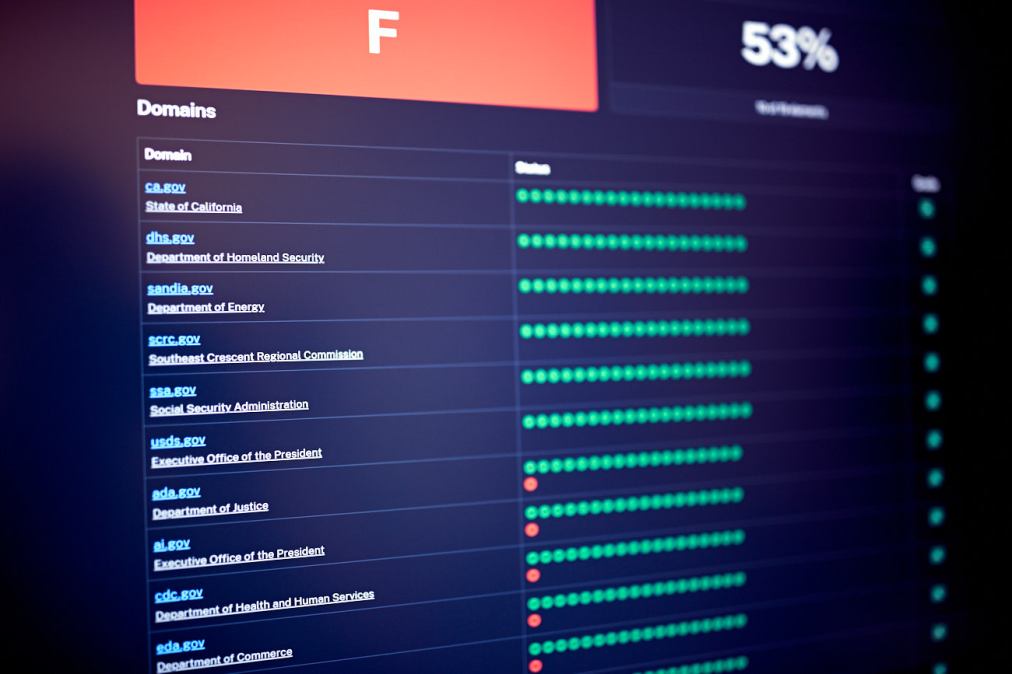‘ScanGov’ debuts with digital experience ratings for 50 states

A father-son civic hacking duo behind online trackers that evaluate state websites on Tuesday unveiled a new website tracker that ranks the public’s digital experience in 50 states.
The new tracker, ScanGov, is an aggregate of two trackers created by Luke Fretwell, a former journalist who now runs the tech firm ProudCity, and his son, Elias. In addition to metadata and URL configuration settings, the new ScanGov tool adds data on how well state websites cater to web crawlers. Leaving instructions for the bots that scan the internet for new content in a “robots.txt” file allows websites to limit requests and block bots from indexing certain content, easing server load.
The duo, who are the founding members of a group called the Civic Hacking Agency, in February released an early version of the tool that revealed most state websites failed to provide basic metadata, impeding accessibility and compatibility with artificial intelligence. A second release in March showed that while most state website URL configurations met basic requirements, the websites’ sitemaps had shortcomings.
Altogether, ScanGov uses 19 criteria to build an “overview” score for each website, or overall digital experience. State websites on average received a 57%, or ‘F’ grade.
ScanGov also looks at 1,867 federal websites, which on average received a 53% score against the same criteria.
According to the new data, and based on the scoring system the Fretwells created, state governments scored an average of 50% on following web robot best practices when evaluated against three criteria.
While this score is higher than the tracker’s evaluation of state sitemaps — which sits at 45% as of May 12 — it’s much lower than states’ average URL configuration score of 94%. The latter score is measured against three criteria: whether they use the secure HTTPS protocol, whether they can be accessed with and without ‘www’ included and if they use a sponsored top-level domain such as .gov, .edu or .mil.
Fretwell said he hopes to add more to ScanGov, such as a scoring system for how structured a website data is and the number of PDFs or pages present on each website.
Editor’s note: Luke Fretwell is a former employee of Scoop News Group.



